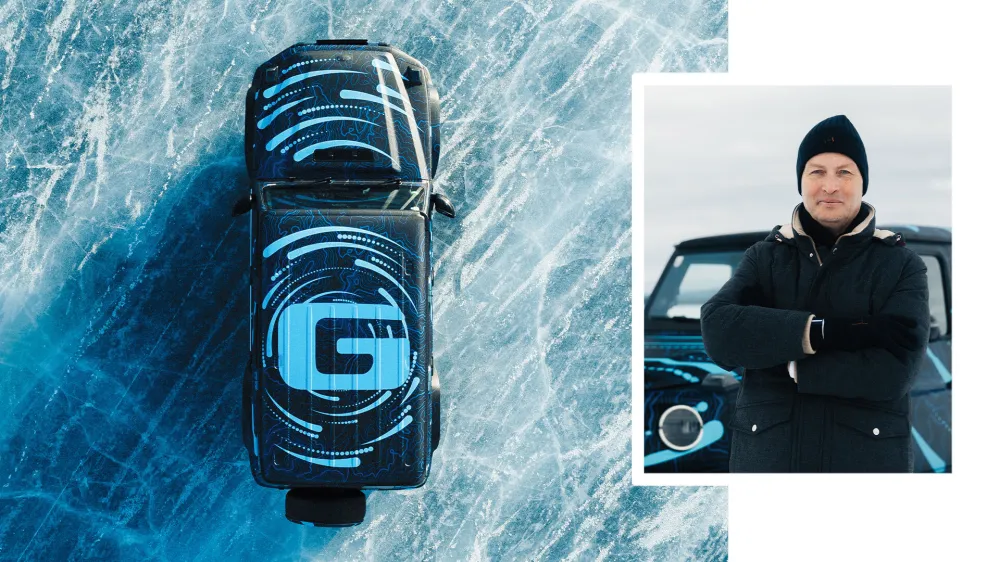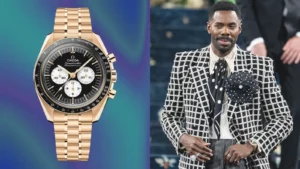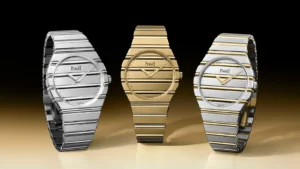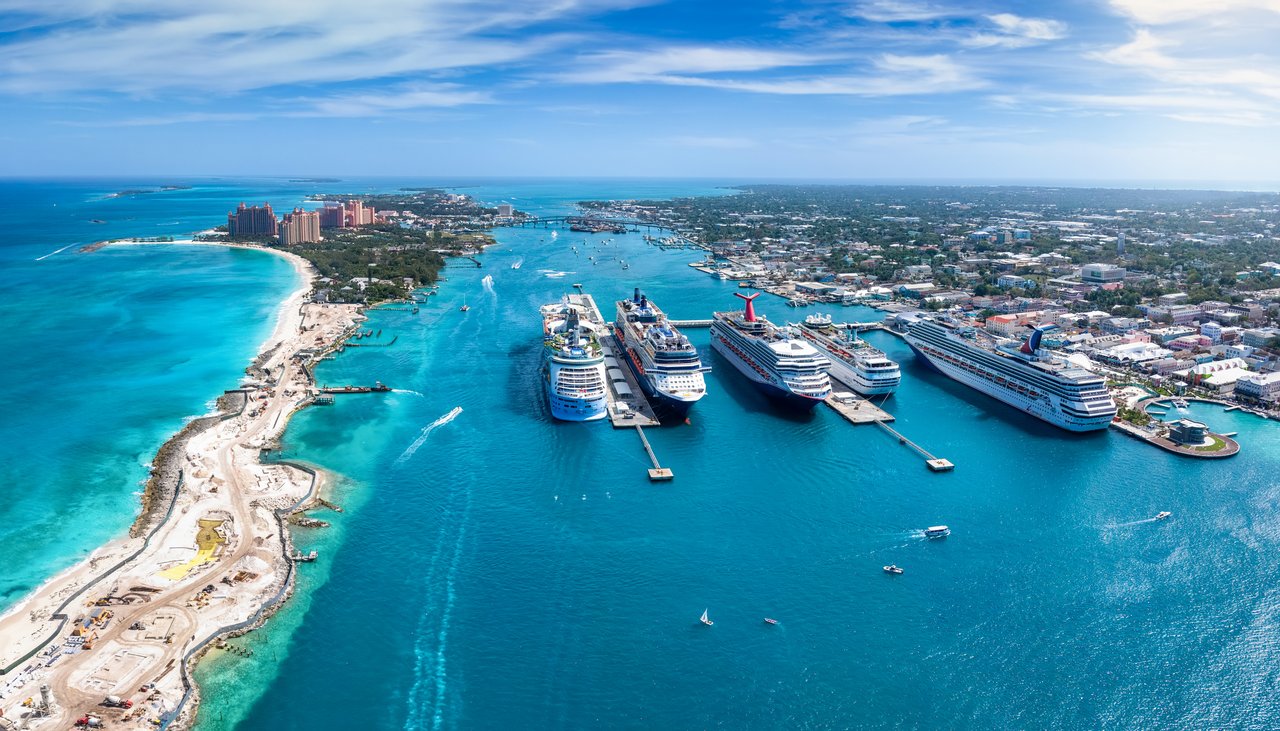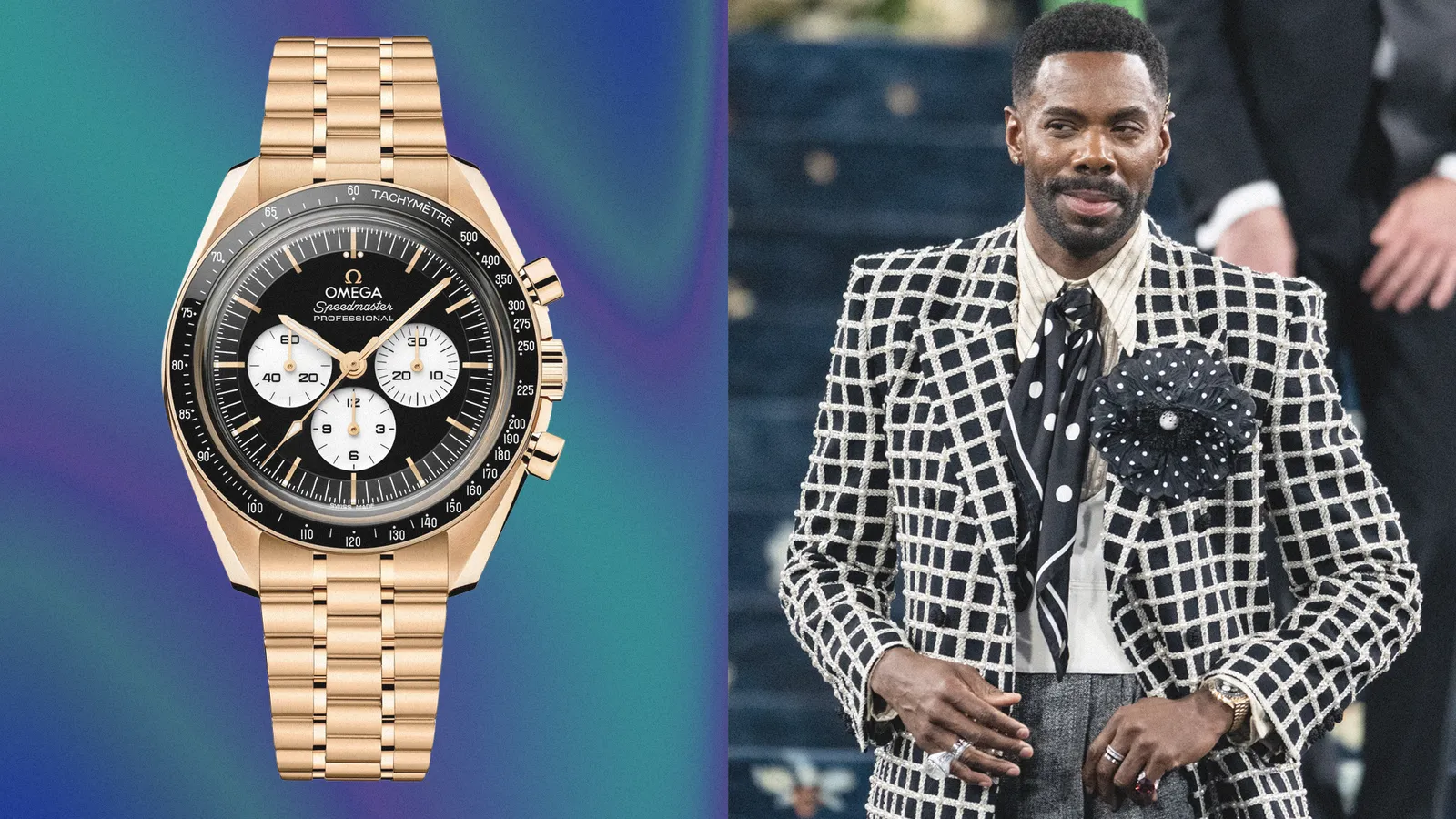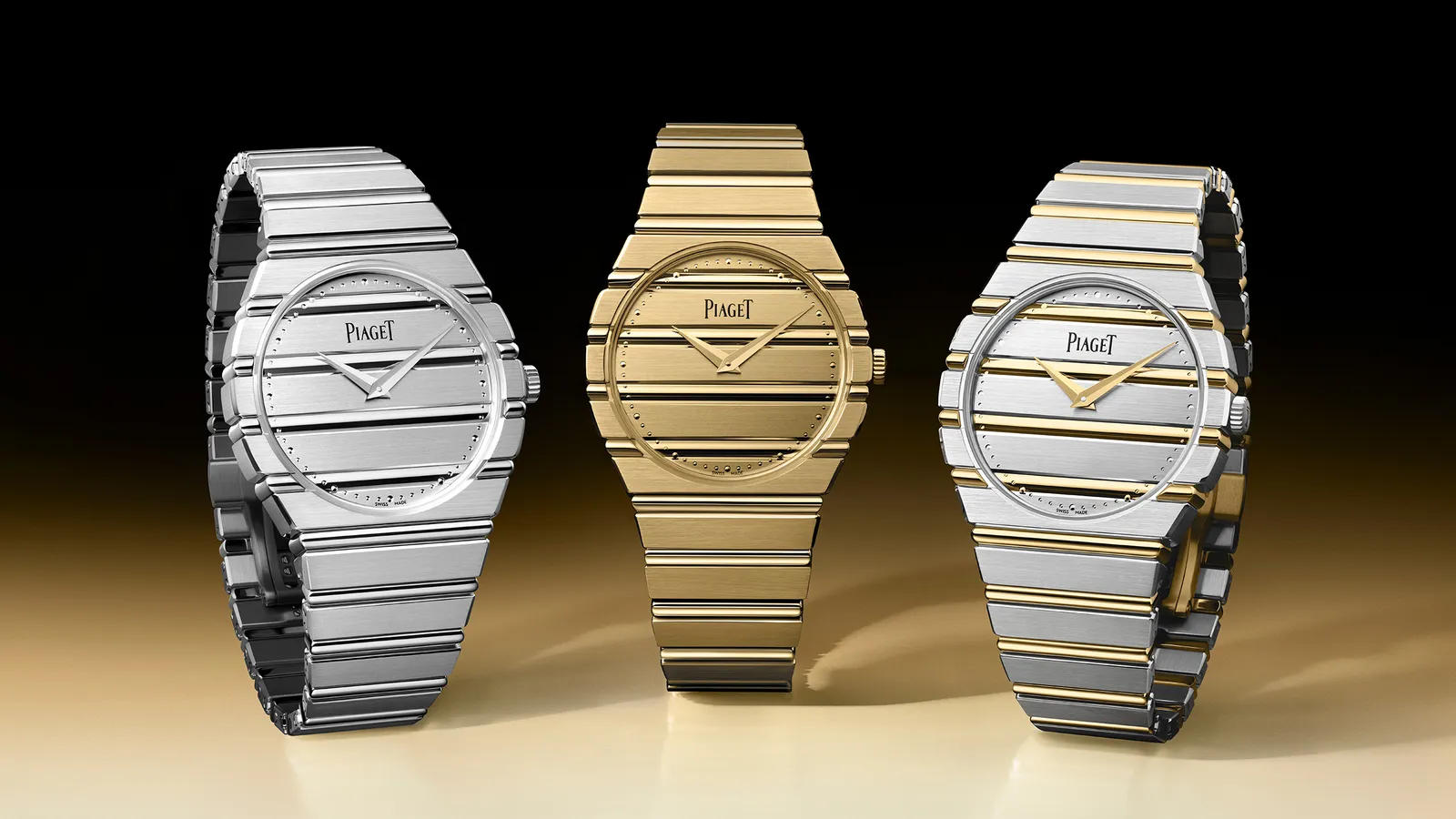One of the most recognizable car brands in the world is led by the visionary Ola Källenius, CEO of Mercedes-Benz. He has presided over a period of radical change at Mercedes-Benz, a company that is adapting to meet the changing needs of consumers and the industry as a whole in terms of sustainability. As the automotive sector undergoes profound transformation, this essay explores Källenius’s tactics, the obstacles he encounters, and the prospects for Mercedes-Benz moving forward.
The Forward-Thining Executive at the helm
With an extensive background in the automotive industry, Ola Källenius assumed the role of CEO in 2019. He is devoted to spearheading the transition to electric vehicles and sustainable practices, in addition to preserving Mercedes-Benz’s image for innovation and opulence. To successfully traverse the industry’s intricacies, Källenius’s leadership style blends strategic foresight with an in-depth knowledge of the car market.

Welcome to the EQ Revolution: Embracing Electricity.
The transformation of Mercedes-Benz from a conventional carmaker into an industry pioneer in electric mobility is one of Källenius’s key objectives. This change is highlighted by the brand’s dedication to environmentally friendly automobiles, which is highlighted by the introduction of the EQ series. The EQS and EQE are electric vehicles that exemplify the performance and luxury that are hallmarks of the Mercedes-Benz brand.
The EQ Lineup’s Standout Features:
Mercedes-Benz makes use of state-of-the-art battery technology that increases efficiency and range.
When Elegance and Ecology Intertwine: Customers will not have to settle for less than the highest degree of comfort and technology with the EQ vehicles, which are on par with conventional versions.
Cutting-Edge Methods of Charging: Customers may easily switch to electric vehicles thanks to rapid charging capabilities and an expanding network of charging stations.
Overcoming Obstacles in the Automobile Industry
As he leads this change, Källenius encounters several obstacles. Innovations in technology, new rules, and changing customer tastes are causing major upheaval in the car industry. To maintain its competitive edge, Mercedes-Benz must quickly adjust.
Problems in the Supply Chain
The production and distribution of vehicles were affected by the COVID-19 pandemic, which revealed vulnerabilities in global supply systems. Källenius has stressed the need to diversify suppliers and fortify supply chains in order to reduce risk.
Threat from Upcoming Rivals
When it comes to electric vehicles, conventional car companies aren’t the only ones competing. There has been an influx of new mobility solutions from IT startups and established businesses. In order to keep Mercedes-Benz competitive, Källenius knows the company needs to encourage a culture of innovation.
The Influence of Regulators
Automakers are under pressure from governments around the world to speed up their electrification efforts in response to strict pollution rules. Assuring that Mercedes-Benz satisfies these standards without sacrificing its luxurious allure is Källenius’s top priority.
Innovations for the Future: Going Beyond Electricity
Although electrification is central to Källenius’s plan, he is also concentrating on other cutting-edge technologies that will determine the course of transportation in the years to come.
Self-Driving Vehicles
Due to their heavy investment in R&D, Mercedes-Benz is leading the charge in autonomous driving technology. According to Källenius, completely driverless vehicles would make city commuting much more convenient and safer.
Linking Things Together and Going Digital
Mercedes-Benz vehicles are designed with cutting-edge connectivity features that elevate the driving experience. More connectivity, so cars can talk to one other and the infrastructure around them, is something Källenius is fighting for. New services and income sources will be able to flourish as a result of this digital change, which will also increase safety.
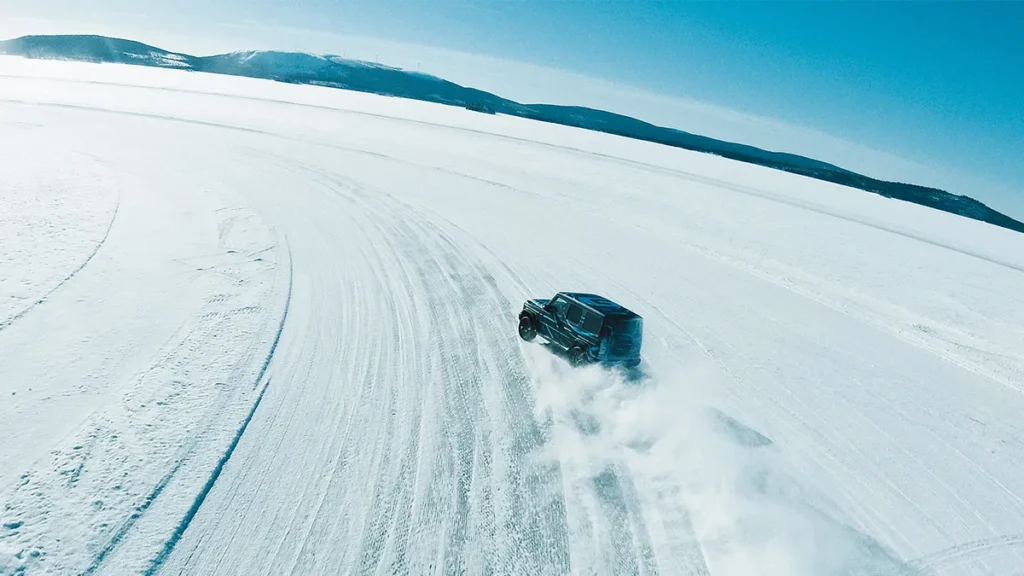
Integral to Sustainability
Beyond electrification, Källenius sees sustainability as an overarching concept. By taking into account all stages of a vehicle’s lifecycle—from manufacturing to disposal—Mercedes-Benz plans to achieve carbon neutrality by 2039.
Investments in renewable energy and resource-efficient production methods are essential parts of this plan for sustainable manufacturing.
Initiatives for a Circular Economy: Källenius promotes a circular economy in the car sector and fights for waste reduction, material recycling, and reusing.
In summary: Exciting Times to Come
With Ola Källenius at the helm, Mercedes-Benz is ready to revolutionize high-end transportation in the modern era. The company is adapting to the changing automobile industry by embracing electrification, investing in new technology, and being environmentally conscious. The world is watching with bated breath to see how the legendary Mercedes-Benz brand, under Källenius’s leadership, will forge ahead in the future with groundbreaking innovations and sustainable practices.

